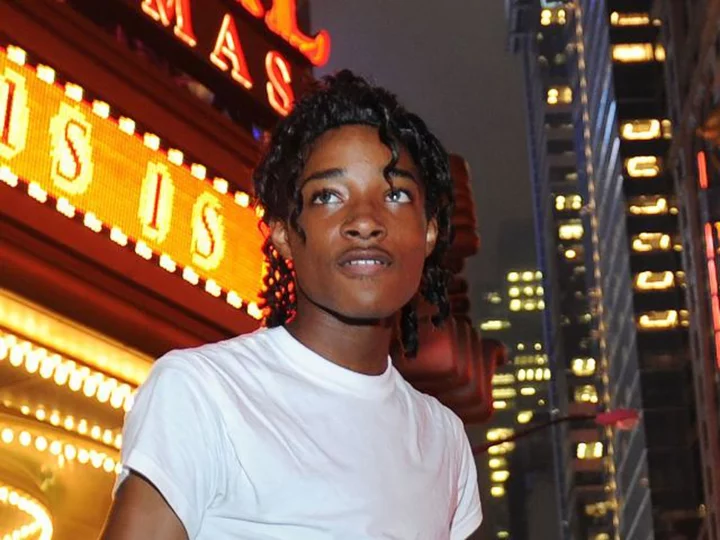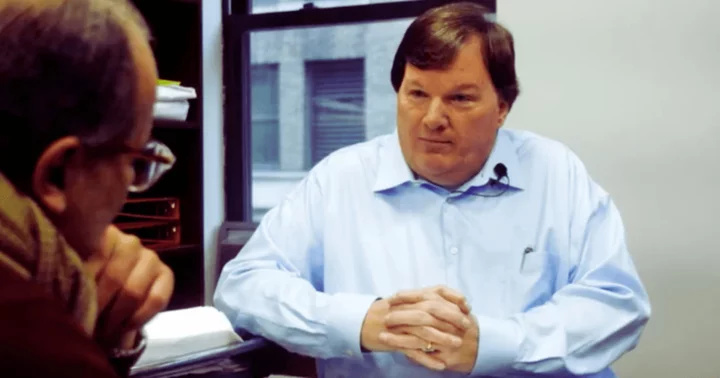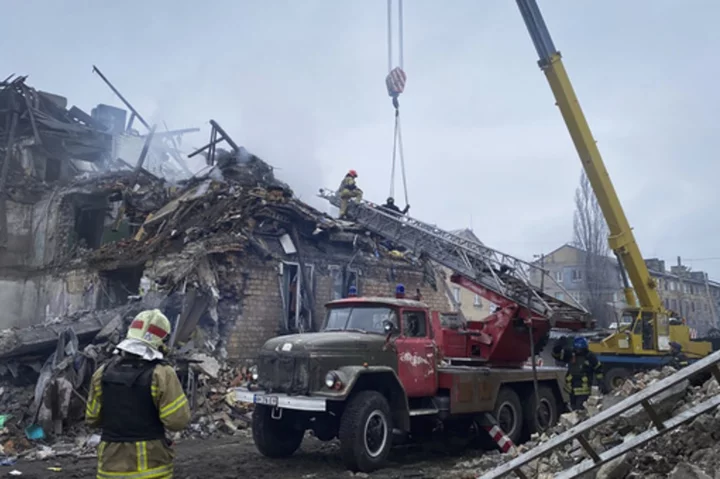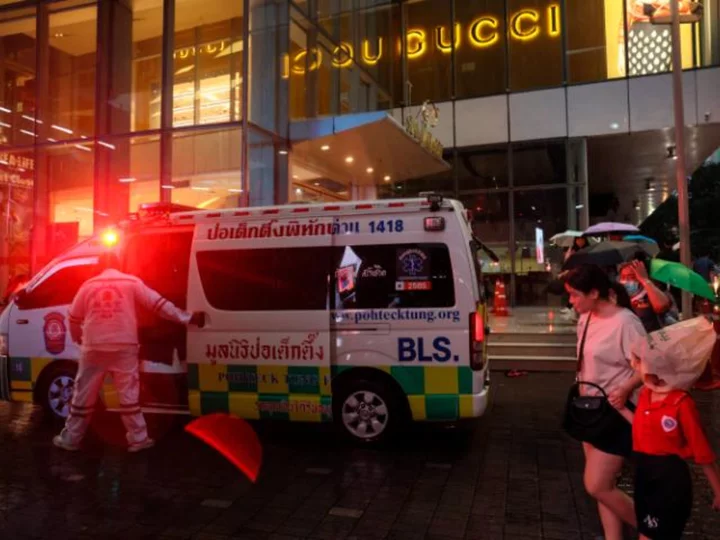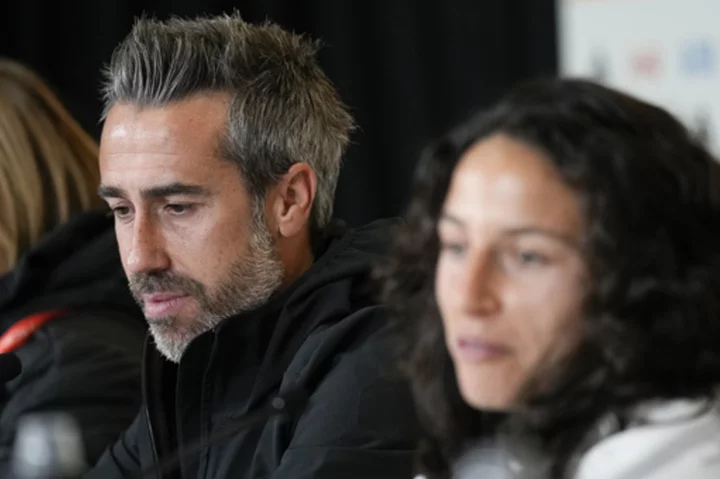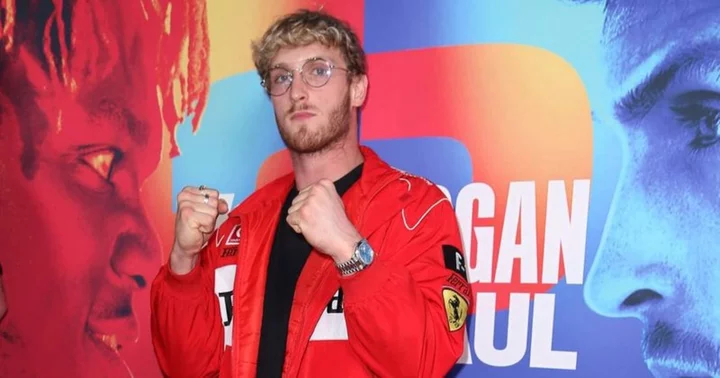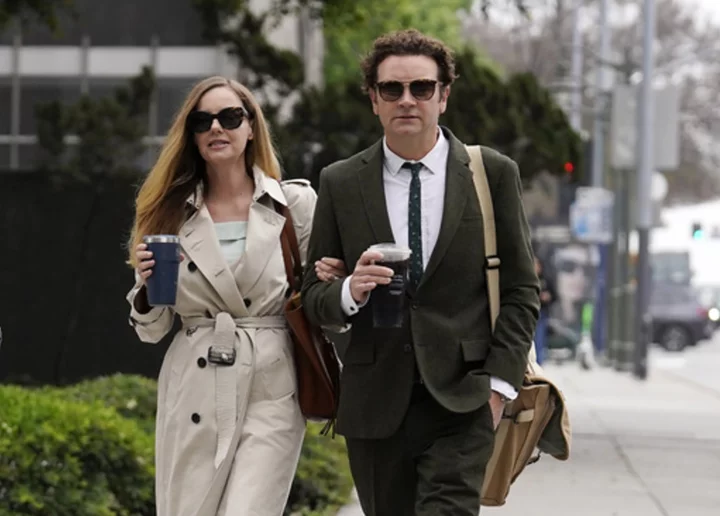Jordan Neely, the homeless street artist who was the victim of a fatal chokehold on a New York City subway, was remembered at his funeral Friday as a "well known and loved" performer.
Neely, 30, known for his Michael Jackson impersonations, was restrained in a chokehold May 1 on a Manhattan subway by another rider, Daniel Penny, after Neely began shouting that he was hungry, thirsty and had little to live for. Penny, a 24-year-old US Marine veteran, surrendered to police last Friday to face a second-degree manslaughter charge.
"He performed in front of thousands of people in the streets of New York City, and on the subways where he was well known and loved," Neely's great aunt Mildred Mahazu said at his funeral service at the Mount Neboh Baptist Church in Harlem.
"One of Jordan's biggest passions was to dance and entertain. He was greatly influenced by pop star Michael Jackson, who he started idolizing from the age of seven. Over time, he began to perfect MJ's dance moves by the time he turned 18," Mahazu said.
Neely's death ignited protests and calls for Penny's arrest while refocusing attention on struggles with homelessness and mental illness across America.
Penny was released on a bail package last week, which included a $100,000 cash insurance company bond. He has not been indicted and has not yet been required to enter a plea.
Neely had experienced mental health issues since 2007, when he was 14 and his mother was murdered, said Neely family attorney, Donte Mills. He had been traumatized after his mother's brutal killing was followed by the discovery of her body in a suitcase, his friend Moses Harper told CNN.
After Neely lost his mother, with whom he shared "an unbreakable bond," he moved in with his father, Mahazu said, adding that in high school he was a star basketball and soccer player.
The Rev. Al Sharpton delivers eulogy
The Rev. Al Sharpton, who delivered a eulogy at Neely's funeral, said the street artist "wasn't trying to be something negative," but wanted to "be like Michael" and "made the world smile and get on one beat."
Sharpton did not directly address Penny on Friday but said the city should hold him accountable.
"You didn't have the right to snatch the life out of this young man," Sharpton said.
Sharpton promised that in Neely's name he would work to change the circumstances of those experiencing homelessness and those battling with mental health issues by providing city services.
Before his death, Neely had been on a NYC Department of Homeless Services list of the city's homeless with acute needs -- sometimes referred to internally as the "Top 50" list -- because individuals on the list tend to disappear, a source told CNN.
"In the name of Jordan, we're going to turn this city around to serve the homeless," said Sharpton.
"We can't live in a city where you can choke me to death with no provocation, no weapon, no threat, and you go home and sleep in your bed while my family got to put me in a cemetery. It must be equal justice under the law."
Penny's attorneys said in a statement last week that Neely had been "aggressively threatening" passengers and Penny and others had "acted to protect themselves."
"Daniel never intended to harm Mr. Neely," they said.
Penny's attorneys said they are confident he will be "fully absolved of any wrongdoing."
Neely's death was ruled a homicide, though the designation doesn't mean there was intent or culpability, a spokesperson for the New York City Office of the Chief Medical Examiner said earlier this week, noting at the time it was a matter for the criminal justice system to determine.

